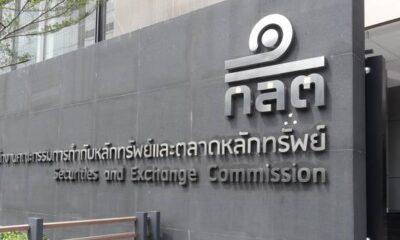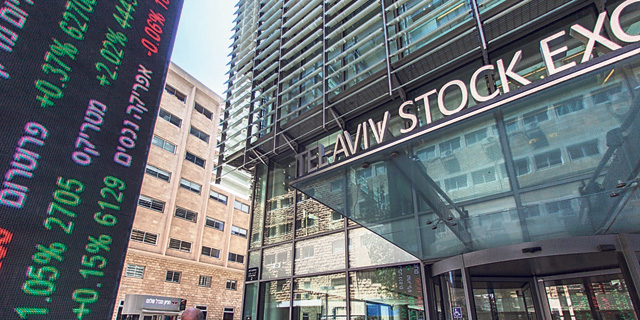Business
Laos partners with Soramitsu on CBDC research
Laos became the newest nation to begin exploring a central bank digital currency and announced upcoming research on the subject in partnership with Japanese distributed ledger technology firm Soramitsu.

News
Tel Aviv to create crypto platform
The Tel Aviv Stock Exchange disclosed the creation of a blockchain-based platform to expand its trading services to cryptocurrencies and other digital assets as part of a new strategic plan for 2023 to 2027.
Business
Crypto platform Freeway halts services
Freeway has halted some of its services, citing unprecedented volatility in the foreign exchange and cryptocurrency markets.
Business
Kazakhstan among top 3 Bitcoin mining destinations
Kazakhstan has maintained its position as the third-biggest contributor to Bitcoin mining after surpassing Russia back in February 2021.




























